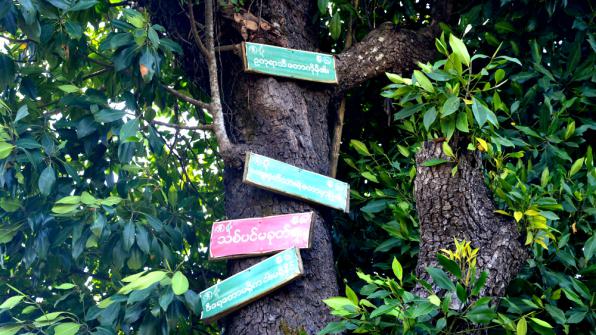From June of 2011 to December of 2016, the Mangrove and Environmental Rehabilitation Network (MERN) a partnership of six NGOs and non-profit organizations, ran a $2,973,316 mangrove restoration and fishing livelihood revitalization program in Rakhine, Myanmar (Burma).
The purpose of the CLEARR project was to increase food and livelihood security in the coastal communities through agricultural and livelihood supports, mangrove areas rehabilitation and management.
The project is implemented by the MERN network which includes 6 local partners: Border Areas Development Association (BDA), Biodiversity and Nature Conservation Association (BANCA), Ecosystem Conservation and Community Development Initiative (ECCDI), Economically Progressive Ecosystem Development (EcoDev), Swanyee Development Foundation (SDF), and Rakhine Coastal Region Conservation Association (RCA).
The main results of the project include:
- Registration of 5300 acres of mangrove forests as community forest with sole use by the villagers;
- Creation of two biodiversity hotspots for the conservation of the critically endangered species Bruguiera hainesii and endangered sea turtles;
- Establishment of Village Conservation Communities (VCCs);
- Managing a Revolving Fund system that provides loans at low interest;
- Introduction of a mobile banking system linked with the Global Treasure Bank (former Livestock Breeding and Fishery Bank);
- Providing fuel efficient stoves that require less fuel and are less polluting.
Download the Word document below to read about the lessons learned from this project.
Photo of sign saying “No mangroves, no fish” nailed to ancient mangrove tree courtesy of MERN.

